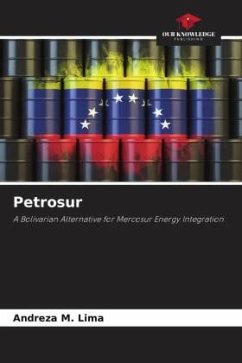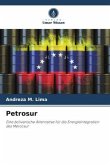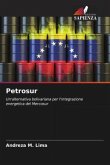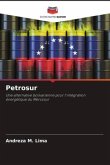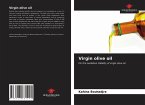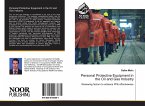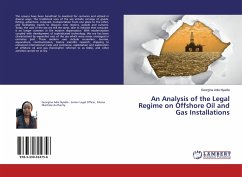Understanding Chavismo and its political model depends on a historical-conceptual basis and a perception of the changes that took place in the 20th century. Through this framework, we studied the oil policy adopted by Hugo Chávez's government (1999-2013) for the purposes of regional integration with Mercosur through the proposal called Petrosur. In order to understand this issue, we chose to analyze geographical, political, economic and legal aspects that could be seen as obstacles to the implementation of the proposal, as well as the ideological nature of Chávez's speeches associated with the various internal fissures in strategic sectors of the Venezuelan economy. Therefore, this work presents the results of a consistent study of the current Venezuelan reality, which is actually a reflection of a past full of unresolved issues.
Bitte wählen Sie Ihr Anliegen aus.
Rechnungen
Retourenschein anfordern
Bestellstatus
Storno

